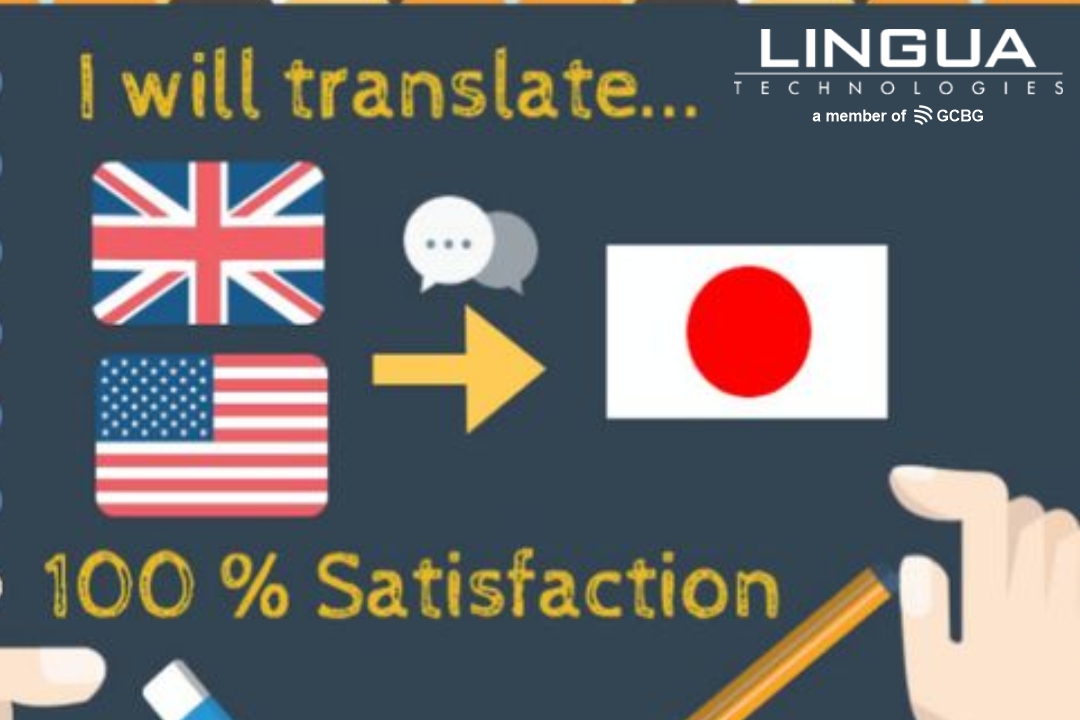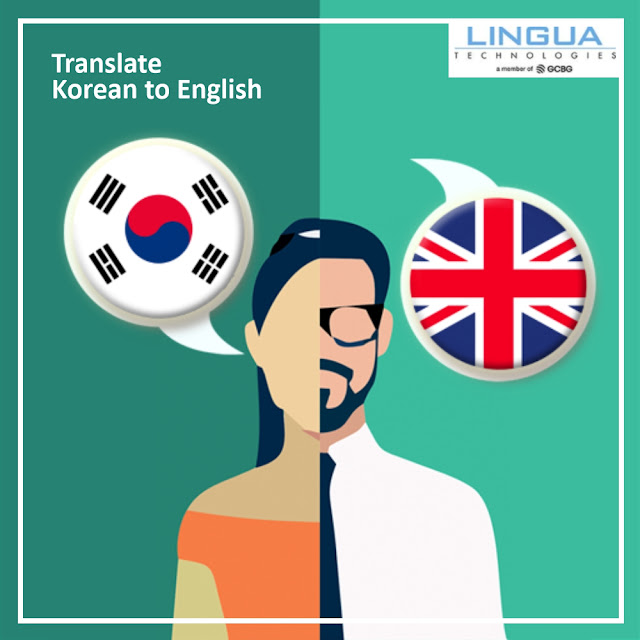Bridging Linguistic Gaps: The Pinnacle of English to Japanese Translation by Lingua Technologies
In this modern world where everything moves
very fast and things are closely connected, it is important to communicate
across language barriers in order to promote international relations, grow a
business or simply share cultures. Consequently, translation services have
become more popular as organizations and individuals try to maneuver between
the complexities of these two linguistically diverse countries. This article
focuses on how Lingua Technologies’ expertise in English to Japanese translation has set the industry standards
using innovative approaches.
The Uniqueness in English-Japanese
Translation Challenges
Interpreting from one language into another does not just entail equating words; instead, it requires a deep understanding and appreciation of cultural differences, grammatical structures, and contextual subtleties that underlie both languages. In contrast to the deeply rooted Ural-Altaic linguistic family of Japanese, whose grammar offers no parallels with any other language worldwide, English is derived from Germanic roots. These are some of the challenges that this fundamental distinction poses to English to Japanese translation including treating grammatical relationships, time frames in verbs, and politeness levels which exist differently in both languages.
Lingua Technologies has been at the
forefront of overcoming these difficulties through having well-trained
translators who have good knowledge about both languages such as culture. Hence
translations are accurate and precise on top of being culturally appropriate
thus preserving the original intention in them.
Lingua Technologies – A Pioneer of Superior
Translations
At Lingua Technologies there is an overall
approach to translating from English into Japanese; one that customizes each
project according to client’s specifications. Using advanced technologies like
translation memory tools and glossaries among others for better consistency and
productivity throughout different projects however, it is the human touch that
makes Lingua Technologies unique. They bring with them an insightful
understanding of both source and target cultures so that they can skillfully
negotiate the intricacies of language/make sense of what may be unintelligible
to others.
The company’s stringent quality assurance
process underscores its dedication to excellence. Every English to Japanese translation is subjected to a series of checks
and revisions that ensure accuracy, readability, and cultural appropriateness.
This comprehensive strategy not only improves the overall quality of the
translation but also builds trustworthiness and dependability which are very
crucial attributes in the translation profession.
Going Beyond Translation: Enhancing
Inter-Cultural Communication
Translation alone cannot achieve effective
inter-cultural communication, an aspect that Lingua Technologies recognizes
thereby providing a range of services aimed at bridging linguistic and cultural
differences holistically. These include localization – adapting content for
target audience’s cultural context – and interpretation – enabling real-time
interactions between English and Japanese speakers.
This is especially true when it comes to
business where understanding market nuances together with consumer behavior is
necessary for successful operations. By adopting this holistic approach Lingua
Technologies can position its clients well in Japan, reach out to their
intended audience as well as meets their business objectives.
The Influence of Technology on Translations
The translation sector is not spared by the
technology transformation that now characterizes many industries. Lingua
Technologies embraces technological advancements, incorporating into its
translation processes to raise efficiency and precision rates. Technology
allows Lingua Technologies to handle large amounts of English to Japanese translation without compromising the quality of
work; ranging from artificial intelligence powered translation tools to cloud-based
project management platforms.
However, the firm argues that technology is
a tool not to substitute but to augment human part of translation. The kind of
fine-tuned language skills and cultural understanding human translators offer
can never be replaced. Thus, Lingua Technologies strikes a balance between
leveraging technology and practicing art of translation for every project to
benefit from best of both worlds.
Conclusion: Translation Solutions for Your
Entry into the Japanese Market
Lingua Technologies has established itself
as a leading company in this highly specialized field with an increasing demand
for English to Japanese translation.
By combining linguistic proficiency, cultural awareness, and technical
innovation it gives more than just translating words. By facilitating effective
communication among English speaking and Japanese speaking audiences, Lingua
Technologies helps its clients overcome language barriers.
In today’s increasingly globalized world,
communicating across cultural and linguistic boundaries is crucial. For any
entity intending to penetrate the Japanese market, therefore, there is no
better partner than Lingua Technologies which prides itself on delivering
excellent translation services. With Lingua Technologies, however, the
complexities associated with English-Japanese language conversion become
avenues for growth, appreciation, and worldwide involvement.




Comments
Post a Comment